Short story writer, poet, memoirist, and translator Mai Serhan was born to a Palestinian father and an Egyptian mother, and raised between the United Arab Emirates and Egypt. Going on to study between Cairo, New York, and Oxford and work in Cairo, Dubai, and China, this mapping of her personal cartography and her transnational lineage transcends the borders of postcolonial nation-states—and so does her forthcoming memoir, Return is a Thing of Amber, which touches among national histories, letters, and the personal essay.
In this interview, I asked Serhan about her book in the landscape of the larger Arab memoir from the diaspora; the languages and genders that thrive in the liminalities of modern Egyptian literature; state censorship in publishing and the consequent rise of the literary blog; and translating the songs of Egyptian composer Sayyed Darwish as well as the letters of Palestinian activist Ali Shaath.
Alton Melvar M Dapanas (AMMD): The language of contemporary Egyptian literature, de facto, is Modern Standard Arabic—but there are writers who write in colloquial Egyptian Arabic and Ṣaʽīdi Arabic, echoing the lived reality of Egyptians in a gamut of dialects. Can you tell us the lingual milieu you write from—and how your decision to write in English come in?
Mai Serhan (MS): Let me first map my geo-genealogical gamut. I was born to a Palestinian father and Egyptian mother, and carried a Lebanese passport for most of my life, since it is where my father’s family moved after 1948, and Egyptian mothers did not have the right to pass their nationality down to their children until 2009. When the Lebanese Civil War broke in 1975, my paternal grandparents moved to Cyprus where they waited for the war to end for fourteen years. It is there that I spent all my summers and Christmases as a child and teenager. The rest of my Palestinian family would fly into Limassol from all corners of the world—Qatar, Saudi Arabia, Kuwait, Jordan, the UK, and the US—and I spent all my formative years exposed to these different registers around me. After university, I joined my father in China where he worked in the export business, and I got to help him until the final year of his life. We travelled far and wide there, meeting with many of his Arab clients. After his death, I moved to Lebanon briefly, then Dubai where I worked as an English copywriter, then to New York where I studied screenwriting at New York University, eventually ending up in Oxford for my Creative Writing degree. All these places have deeply informed my upbringing—which is quite an international one.
I write in English because I went to a private British school, then to American and British universities. It’s the language I have been formally trained in all my life, both academically and professionally. I know how to express myself very well in Arabic, but the written word is definitely more present to me in English; it’s the language that has housed my scholarly and creative pursuits the most. That said, I am able to slip between Arabic and English with total ease and I am the bicultural product of both the East and West—and pretty much everything in between as well.
If we were to speak of my memoir, Return is a Thing of Amber, specifically, I would say the choice to write in English was a political one first and foremost; I wanted to address the English-speaking world, to debunk its many myths about land and people, and to promote awareness, compassion and understanding when it comes to Palestine and Palestinians. READ MORE…

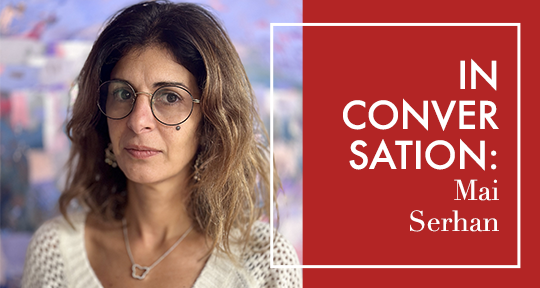
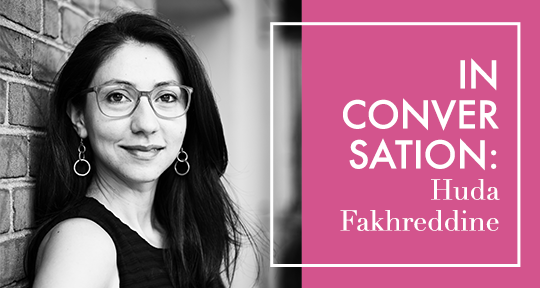
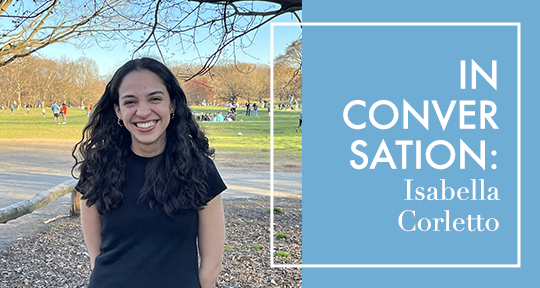
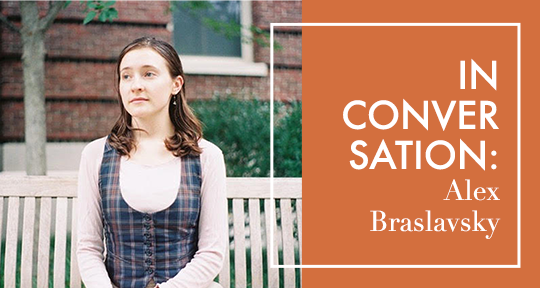

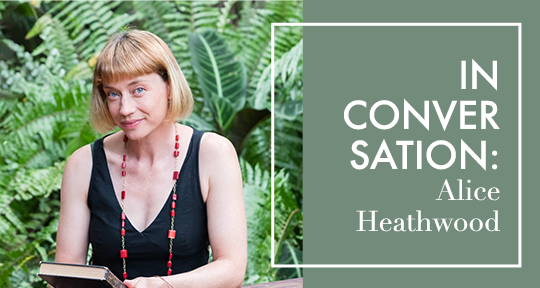

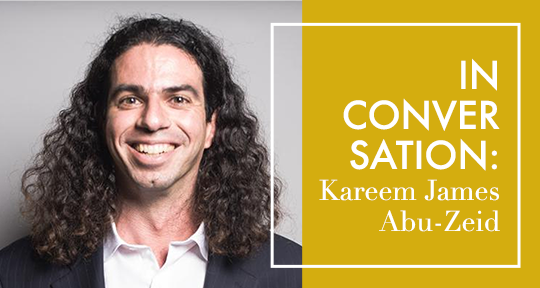
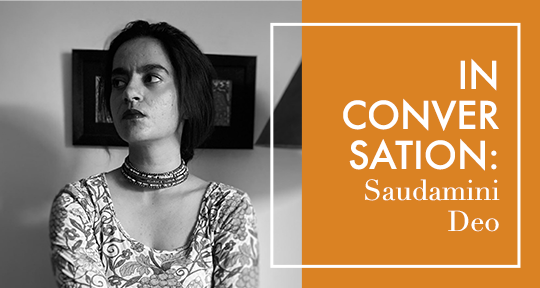
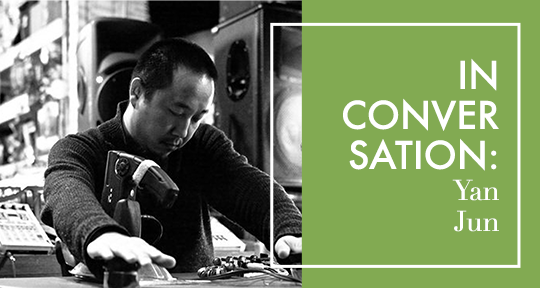
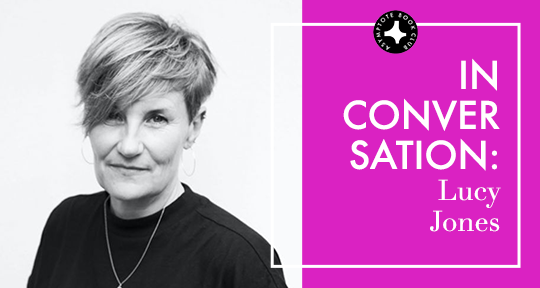
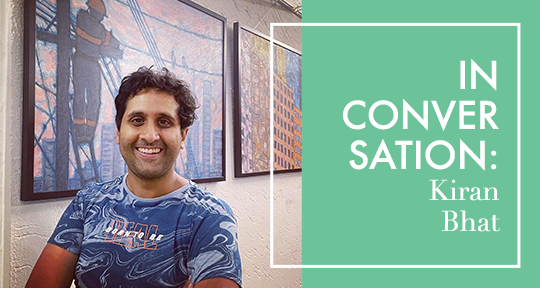

A Pointed Atemporality: Mui Poopoksakul on Translating Saneh Sangsuk’s Venom
He's very aware of the rhythm and musicality of this text . . . he said it should take something like an hour and thirty-seven minutes to read.
In our May Book Club selection, a young boy struggles with a snake in the fictional village of Praeknamdang, in a tense battle between beauty and cruelty. In poetic language that is nostalgic for the world it describes without romanticizing it, Saneh Sangsuk creates a complex and captivating world. In this fable-like story there are no simple morals, in keeping with Sangsuk’s resistance to efforts to depict a sanitized view of Thailand and to the idea that the purpose of literature is to create a path to social change. In this interview with translator Mui Poopoksakul, we discuss the role of nature in the text, translating meticulous prose, and the politics of literary criticism.
The Asymptote Book Club aspires to bring the best in translated fiction every month to readers around the world. You can sign up to receive next month’s selection on our website for as little as USD20 per book; once you’re a member, join our Facebook group for exclusive book club discussions and receive invitations to our members-only Zoom interviews with the author or the translator of each title.
Barbara Halla (BH): How did you get into translation, especially given your law background?
Mui Poopoksakul (MP): I actually studied comparative literature as an undergrad, and then in my early twenties, like a lot of people who study the humanities, I felt a little bit like, “Oh, I need to get a ‘real job.’” I went to law school, and I worked at a law firm for about five years, and I liked that job just fine, but it just wasn’t what I wanted to do for the rest of my life.
So, I started thinking, What should I be doing? What do I want to do with myself? I had always wanted to do something in the literary field but didn’t quite have the courage, and I realized that not a lot of Thai literature been translated. I thought, If I can just get one book out, that would be really amazing. So, I went back to grad school. I did an MA in Cultural Translation at the American University of Paris, and The Sad Part Was was my thesis from that program. Because I had done it as my thesis, I felt like I was translating it for something. I wasn’t just producing a sample that might go nowhere.
The whole field was all new to me, so I didn’t know how anything worked. I didn’t even know how many pages a translation sample should be. But then I ended up not having to worry about that because I did the book as my thesis.
BH: You mentioned even just one book, but did you have any authors in mind? Was Saneh Sangsuk one of those authors in your ideal roster?
MP: I wouldn’t say I had a roster, but I did have one author in mind and that was Prabda Yoon, and that really helped me get started, because I wasn’t getting into the field thinking, “I want to translate.” My thought was, “I want to translate this book.” I think that helped me a lot, having a more concrete goal.
READ MORE…
Contributor:- Barbara Halla
; Languages: - English
, - Thai
; Place: - Thailand
; Writers: - Mui Poopoksakul
, - Prabda Yoon
, - Saneh Sangsuk
; Tags: - Deep Vellum
, - environmentalism
, - literary criticism
, - nature
, - nature in storytelling
, - pacing
, - pacing in translation
, - Peirene
, - respect for nature
, - rhythm
, - rhythm in translation
, - social commentary
, - storytelling
, - Thai literature